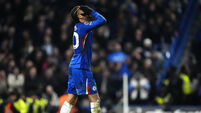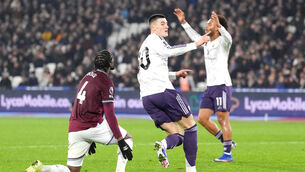How does England 2018 match up with 1990 semi-finalists?

England have reached World Cup semi-final for the first time since the Gazza-led team of Italia 90, which famously lost to Germany on penalties. But how do the teams compare and who makes a combined XI? We take on the challenge...














